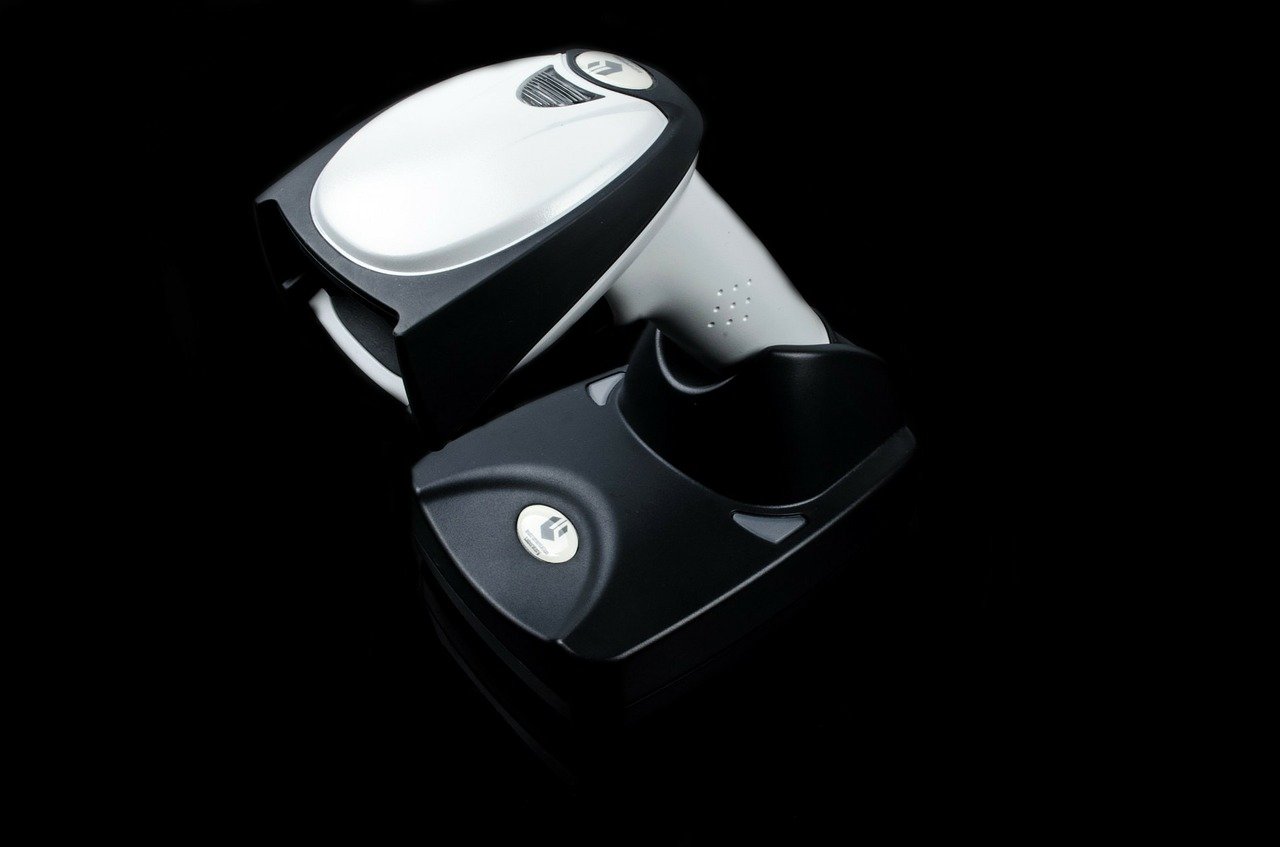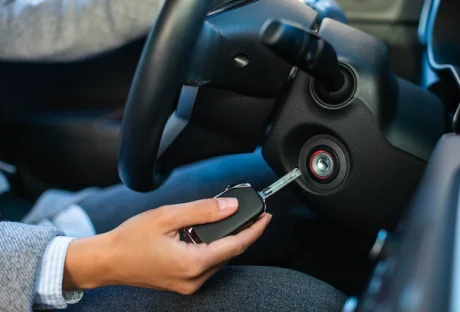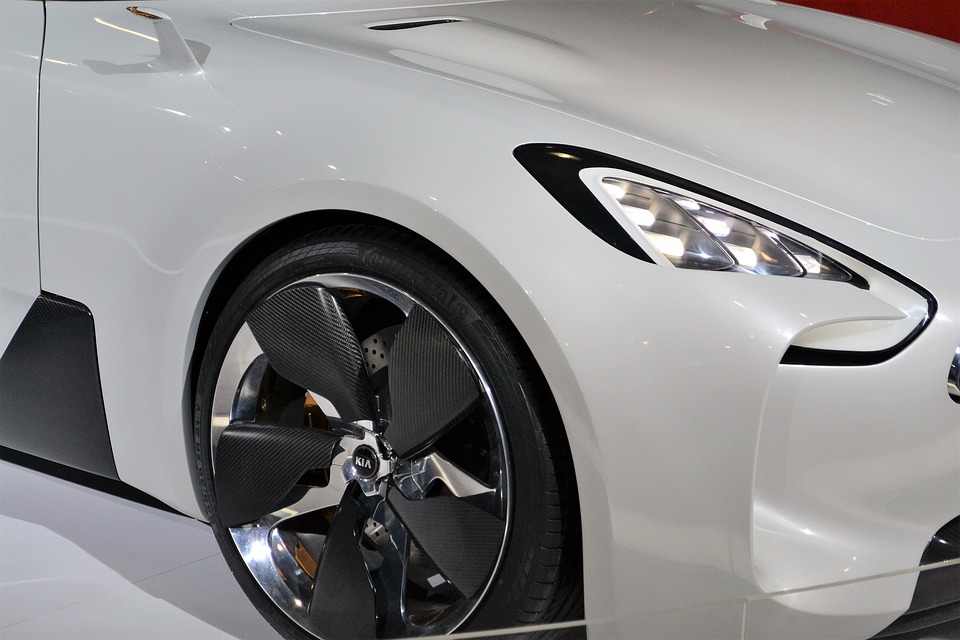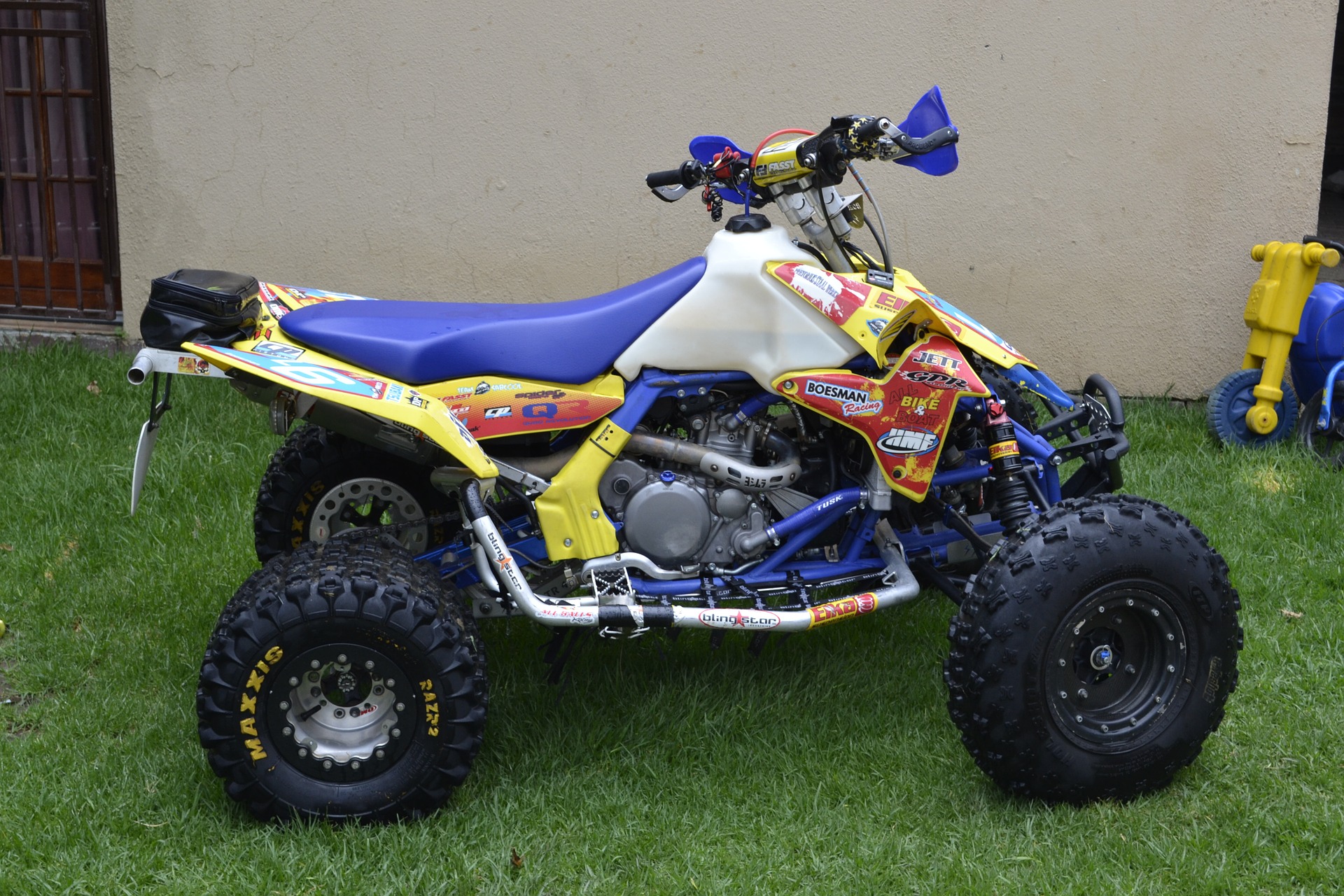An accident involving any kind of vehicle or vehicles has the potential to cause great harm for a number of reasons. In addition to the collision of metal, glass, and rubber, the combustion of either vehicle’s fuel tank is a significant factor with which to contend. If one of those vehicles is a placarded truck however, the dangers multiply over and over again.
What is a Placarded Truck in Tampa, Florida?
Trucks are required, by law, to place specially designed placards on their vehicles when carrying hazardous materials. The type of hazards the materials possess, the amounts being transported, and whether or not these materials will be carried between or within state lines, all determine what colors and numbers the placards have. The transport of these chemicals and substances is quite a dangerous task, which is why placarded trucks are so highly regulated by the Federal government.
Hazardous Materials Transported by Placarded Trucks
Hazardous materials are categorized into classes based on toxicity, chemical makeup, solid/ liquid/ gaseous state, and how they are generally used. These designations were established by the Federal Motor Carrier Safety Administration, a section of the United States Department of Transportation. They include the following categories:
Class 1: Explosives
Class 2: Gases
Class 3: Flammable and Combustible Liquid
Class 4: Flammable Solids, Spontaneously Combustible, and Dangerous When Wet
Class 5: Oxidizer and Organic Peroxide
Class 6: Poison and Poison Inhalation Hazard
Class 7: Radioactive
Class 8: Corrosive
Class 9: Miscellaneous
What to Do if You Are in an Accident with a Truck Carrying Placarded Material in Tampa, Florida
Given the inherent dangers involved with the materials listed above, it is important that you take extra measures to ensure your safety if you are ever in a crash with a placarded truck.
Move as Far Out of the Area as Possible
It is critical that you move as far away from the scene of the accident as possible. Seconds, milliseconds even, count far more than you may understand, even in the absence of a crisis.
Call 911
Because combustion is very likely and because the risk of fatalities, injuries, long lasting trauma, and property damage are so high, the police, firemen, and additional first responders must be contacted. It is crucial that the departments contacted through 911 be notified that hazardous materials are involved. It is up to the truck driver and the company for whom they work to inform the police and other agencies of the exact nature of the materials being carried in their truck.
Accept Medical Support from Emergency Medical Crews
The list of possible injuries from an accident of this magnitude is long and painful. Burns, broken limbs, facial fractures, head injuries from flying debris and blunt force, poisoning, and respiratory distress are only a few of the conditions for which you and other survivors will have to be evaluated. We urge you to follow medical orders at the scene of the accident as well as the hospital to which you will be transported.
Contact a car accident lawyer in Tampa, Florida
If you are ever in accident of this nature, it is best that you contact a car accident lawyer in Tampa, Florida as soon as possible While you will need to recover, recoup, and refresh, your Tampa, Florida car accident lawyer will guide you through every step of the legal process that is sure to unfold.






















